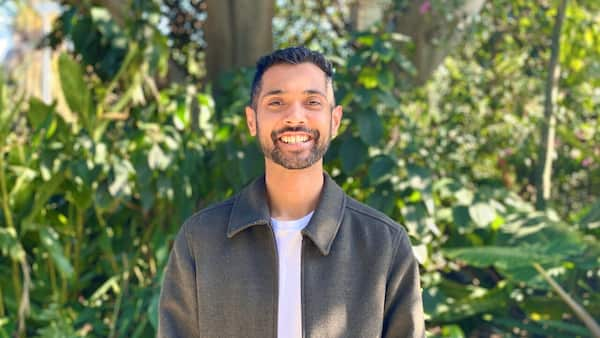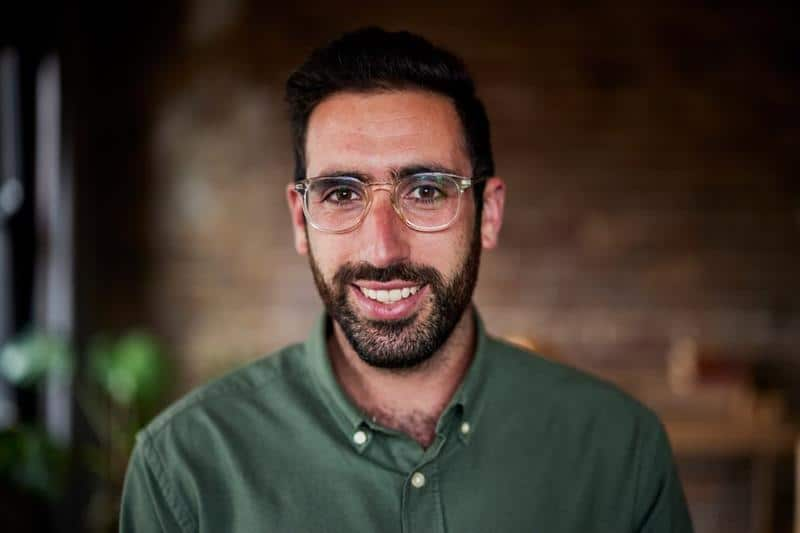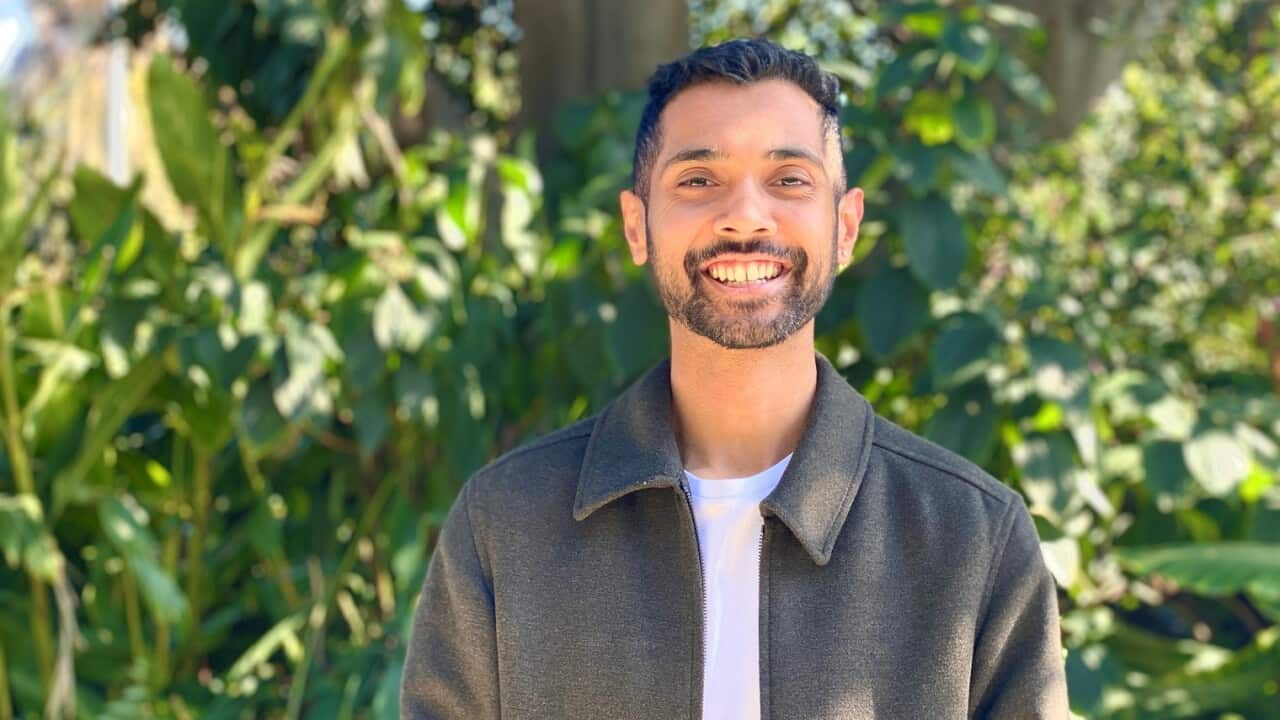This article contains references to eating disorders.
Eating disorders have long been stereotypically seen as a women’s health issue — in particular, one that mostly and girls.
But, like any mental health problem, based on gender or race.
According to the Butterfly Foundation, Australia’s national organisation for those impacted by eating disorders, more than a third of the people affected are male, with many struggling to speak out.
It took 30-year-old Tharindu Jayadeva a year to seek help.
Jayadeva said his relationship with food and his body began deteriorating during the transition between high school and university, but he did not initially make the connection that he could have an eating disorder.
“The common narrative … was that it was usually young women and young women who didn’t look like me, of course,” he said.
“And so the main thing that I thought about was … I don’t deserve to be experiencing this, which also means I probably don’t deserve to be accessing some sort of support.”
Jayadeva said this was the first time he had experienced an eating disorder, but it was not the first time he had experienced unhealthy feelings about his body.
Jayadeva said as a person of colour, he can recall feeling like an outsider in primary school and even began restricting what he ate as a child.
“When I was in primary school, there was a time when one of our teachers was giving stamps to all the students for good work — I remember lining up, putting my hand out, and the teacher said that I didn’t deserve a stamp because it wouldn’t show up on my skin,” he said.
“I think that was the real moment for me where I thought … ‘I don’t look like any of these other kids’.”
“And at the time I just felt like … it’s my job to do something about it and to fit in.”
How many men experience eating disorders?
According to the Butterfly Foundation, men are four times less likely to receive a diagnosis for an eating disorder.
Clinical psychologist and manager at the Butterfly Foundation’s national helpline, Sarah Cox, said less than 10 per cent of people contacting the hotline are men, but the actual number of men with an eating disorder is a lot higher.
Cox said there are still misconceptions in society about who can get eating disorders.
“They don’t discriminate and can affect anybody regardless of gender, sexuality, cultural background, body shape or size — but I think because of those narrow portrayals, there can be a lot of stigma in society and a lot of self-stigma that people hold as well,” she said.
“So if they don’t think that they fit that stereotypical presentation, they might just not even recognise that what they could be going through is an eating disorder.”
She said for people who don’t fit social stereotypes of eating disorders, accessing care can be difficult.
“It kind of just adds extra layers of complexity and extra barriers and extra challenges in receiving culturally safe care.”
While there can be parallels with how eating disorders present across genders, men can also be more vulnerable to certain types of unhealthy patterns and behaviours.
Dr Zac Seidler is a clinical psychologist and global director of Men’s Health Research at Movember.
He uses the term ‘bigorexia’, which the American Psychiatric Association describes as a disorder characterised by a fixation on the belief that one is either not muscular or lean enough.
Seidler said it is common among men with eating disorders to manifest an obsession with muscle enhancement, steroid use and supplements.
“We’ve got all of these movements now around ice baths and all-meat diets, and it’s just rife within the men’s wellbeing space,” Seidler said.
“When they’re using muscle-enhancing drugs, when they are showing binging and purging, when they are obsessing about fitness and body image, it’s put in this bracket of ‘he’s an influencer, look at him go, he’s ripped, he’s got all the girls, everything’s going the way that it should’,” he said.
“But underneath it, the psychological terrain that he’s walking daily is fraught.”
Dr Zac Seidler says many men struggle with body image. Source: Supplied
Seidler said the issue of eating disorders among men is often underestimated.
“There is a serious amount of misinformation around the fact that this is purely something that young women go through,” he said.
“And as a result, the likelihood of men coming forward for something like this, or in many ways, actually being willing to admit that their behaviour has moved into disordered eating is a really complex thing.”
The barriers to accessing care
Jayadeva, whose background is Sri Lankan Sinhalese, said his cultural heritage added another layer of complexity to his eating disorder and conversations about mental health.
In his community and family, he said both mental health and food can feel like a “luxury”.
“To be potentially wasting food as you navigate an eating disorder, I think that was really challenging for me to have conversations about within my cultural context,” he said.
“And I think that added to the shame that I felt early on in my story too, where I felt like I was this kind of secret that we couldn’t really talk about in my community.”
Jayadeva said seeing other people who look like him speak about their experiences had given him a sense of solidarity.
Now, he shares his story in the hope of helping others.
“There were so many moments over the last 10 or so years where I thought I probably wouldn’t even be around to talk about this experience, and right now, it fills me with hope, but also sadness, that there was a little TJ, a little Tharindu who felt that way.
“And I think that speaks to why I talk about it now — because there is a little Tharindu somewhere who just wants to hear and see someone who looks like him talk about these things.
“Because it might not be something their community talks about or family talks about, but it is something that happens, and it is possible to hold it in a safe and meaningful way.”
For support with eating disorders or body image concerns, call Butterfly National Helpline on 1800 ED HOPE (1800 33 4673) or visit www.butterfly.org.au to chat online or email, 7 days a week, 8am-midnight (AEST/AEDT).
Readers seeking support with mental health can contact Beyond Blue on 1300 22 4636. More information is available at . supports people from culturally and linguistically diverse backgrounds.


